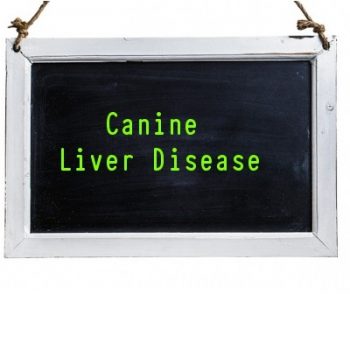There are a number of liver problems that can cause liver enzymes to increase, and sometimes the primary problem isn’t the liver. I ask for a lot of information when working with these cases, and not all have medical answers, but I can generalize some things for you here.
1. No red meat. It produces a lot of ammonia which the compromised liver doesn’t manage that well.
2. Adding grain to the diet makes sense (you may not want to hear it because it goes against popular mantra, but it happens to be true) because soluble fiber helps to remove ammonia.
3. Unless the problem is liver shunting which requires very low to low amounts of protein to control symptoms of hepatic encephalopathy, there’s no need to restrict protein. A liver without the shunt problem requires protein to regenerate, so I don’t restrict it unless a disease is very advanced.
4. No supplemental copper if a copper storage problem is suspected, and if not, I still don’t aim for the NRC amount. A reduction of bile excretion can translate to copper accumulating in the liver.
5. No supplemental vitamin A which means no cod liver oil either.
6. Helpful supplements: Vitamin E, SAMe, Multi B, extra zinc to help bind copper (zinc should meet requirements, but extra zinc is something I incorporate only under veterinary supervision only) selenium, glutathione, l-carnitine…and of course the “obligatory” milk thistle. I do really like milk thistle, so I wrote it that way tongue in cheek. It’s a really great herb, but not the only one. That said, products like Denamarin are great because they combine S-Adenosylmethionine (SAMe) with silybin. There’s a place for commercial products especially for those who don’t have the time, or inclination to juggle a long list of products.

